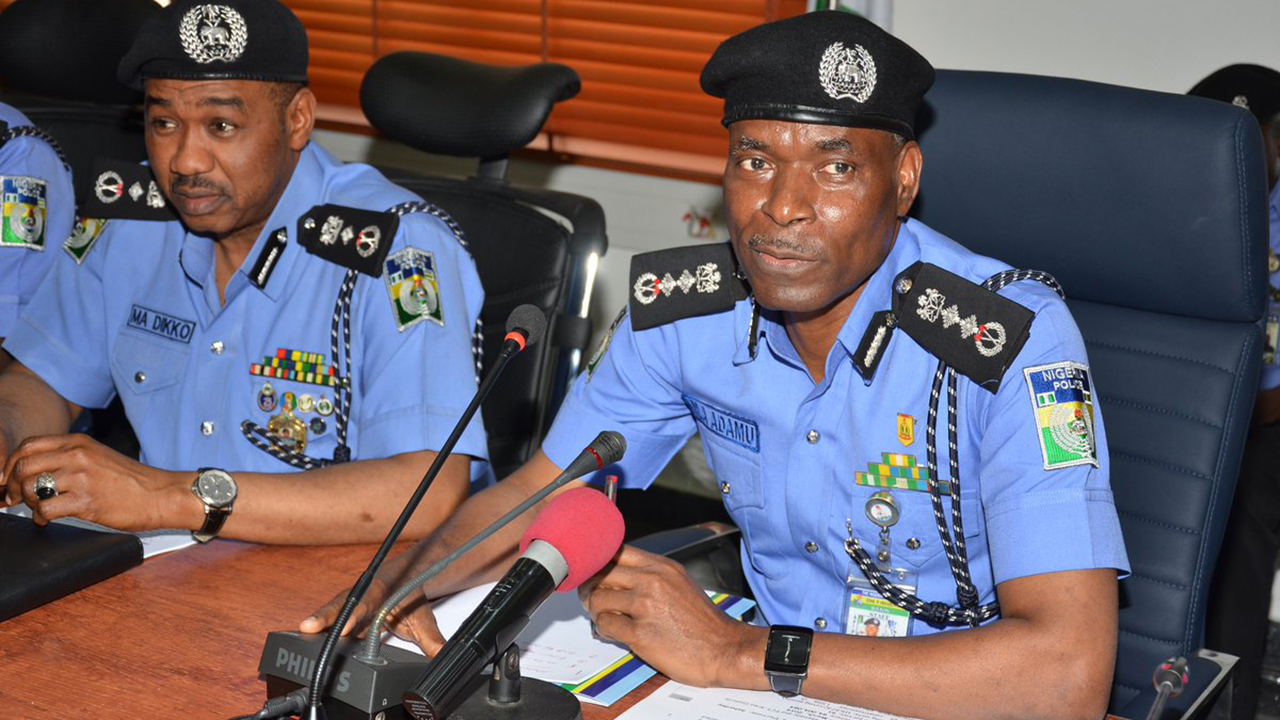
The disbandment was announced yesterday at Adamu’s inaugural conference with commissioners of police (CPs) and other senior officers in Abuja.
Immediate past IGP, Ibrahim Idris, had centralised operations of SARS into FSARS at the force headquarters and placed it under the Deputy Inspector-General of Police (Operations), as part of the reforms of the squad.
The acting IGP also disbanded the Special Investigation Panel (SIP) and Special Tactical Squad (STS).
On the day he was decorated by President Muhammadu Buhari as Nigeria’s police chief, Adamu vowed to restore the sagging image of the force.
Adamu also set up a Special Election Investigation Team (SEIT) charged with investigating and prosecuting electoral offenders.
Some already see this move as a critical initiative by the new IGP who also reversed the redeployment of some CPs by Idris, including that of Lagos, on the eve of his retirement.
He said henceforth the SARS unit at the force headquarters would be under the Deputy Inspector-General of Police in charge of Force Criminal Intelligence and Investigation Department (FCIID).
The DIG FCIID and CPs, he added, would be held liable for any professional misconduct resulting from the operations of the units in their commands.
The police boss charged the officers to remain dedicated to their duties by exhibiting the highest level of leadership and character.
But Human Rights Writers Association of Nigeria (HURIWA) has dismissed the development as cosmetic and mere showmanship.
The national coordinator, Emmanuel Onwubiko, and national media affairs director, Zainab Yusuf, stated in Abuja yesterday that the challenges facing the new police chief “does not require fire brigade approach, but deliberate, decisive, rationally fine-tuned, actionable measures, including the updating of relevant legal framework to birth a state police in addition to a rejuvenated and professionalised federal police in Nigeria.”
The pro-democracy and non-governmental organisation asked the new police chief to lead a crusade for the comprehensive reform of the near-moribund police force to, most appropriately and professionally, tackle the hydra-headed violent crimes across Nigeria.
According to the group, the police institution stinks of professional incompetence, which requires far-reaching science-based surgical response mechanism to bring the operational modes of the force in tandem with global best practices.
HURIWA condemned the practice whereby crime victims are extorted before the police could do their routine job, stressing that the fallen standard of policing in Nigeria requires more than 30,000 annual recruitment as mooted by the Police Service Commission (PSC).
“The new police chief must be aware that virtually all the past civilian administrations from 1999, including the national/constitutional conferences hosted by two previous administrations, had produced voluminous reports on strategies for attaining fundamental reforms of the policing institution in Nigeria. Some of these recommendations should be implemented through legislative and executive mechanisms.
“The Nigeria Police Force, as it is presently, is institutionally too weak to effectively confront the emerging sophisticated violent crimes. The Police Act needs to be amended and updated to provide for technology-based crime-fighting strategies, just as the disturbing phenomenon of the use of physical and psychological torture by police on suspects, which are rife, are contained, and the indicted police operatives prosecuted and punished.”
[ad unit=2]






